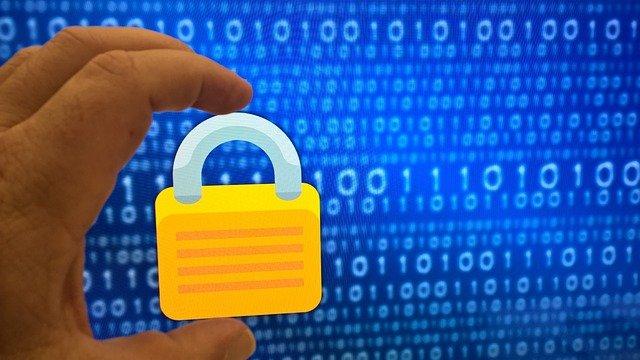The Paradox of Financial Literacy: Why Knowledge Isn't Always Power
In a world where financial information is more accessible than ever, one might assume that personal finance mastery would be widespread. Yet, a curious phenomenon persists: despite the abundance of financial education resources, many individuals continue to struggle with money management. This paradox of financial literacy challenges our assumptions about the relationship between knowledge and financial well-being.

The Illusion of Financial Education
Traditional financial education programs often focus on imparting knowledge about budgeting, saving, and investing. While these concepts are undoubtedly important, they may not be sufficient to drive meaningful behavioral change. Research has shown that individuals who complete financial literacy courses frequently fail to apply their newfound knowledge in real-world situations. This disconnect between learning and application raises questions about the effectiveness of conventional financial education approaches.
The Role of Psychological Factors
Understanding financial concepts is only part of the equation. Psychological factors play a significant role in shaping financial behaviors. Emotions, cognitive biases, and deeply ingrained habits can override rational decision-making, even when an individual possesses the necessary financial knowledge. For instance, the phenomenon of present bias, where people prioritize immediate gratification over long-term benefits, can lead to poor financial choices despite understanding the importance of saving for the future.
Socioeconomic Influences on Financial Behavior
Financial literacy efforts often overlook the impact of socioeconomic factors on an individual’s ability to implement sound financial practices. Income inequality, limited access to financial services, and systemic barriers can significantly hinder one’s capacity to act on financial knowledge. For many, the challenge lies not in understanding financial concepts but in having the resources and opportunities to apply them effectively.
The Complexity of Modern Finance
As financial markets and products become increasingly complex, even well-educated individuals may struggle to navigate the landscape effectively. The rapid pace of financial innovation, coupled with the proliferation of sophisticated investment vehicles, creates a knowledge gap that traditional financial literacy programs may not adequately address. This complexity can lead to decision paralysis or reliance on potentially biased financial advice.
Rethinking Financial Education
To bridge the gap between financial knowledge and behavior, a more holistic approach to financial education is necessary. This approach should combine traditional financial literacy with practical skills development, behavioral coaching, and strategies for overcoming psychological barriers. By addressing the multifaceted nature of financial decision-making, educators and policymakers can create more effective programs that translate knowledge into action.
Actionable Strategies for Effective Financial Management
-
Implement a system of automatic savings and bill payments to bypass decision-making fatigue
-
Practice mindfulness techniques to become more aware of emotional triggers in financial decisions
-
Seek out a financial accountability partner to help maintain commitment to financial goals
-
Regularly review and update financial plans to adapt to changing life circumstances
-
Engage in financial simulations or games to practice decision-making in a low-stakes environment
The paradox of financial literacy serves as a reminder that knowledge alone is not sufficient to ensure financial well-being. As we continue to grapple with this complex issue, it becomes clear that a more nuanced understanding of the interplay between financial education, psychology, and socioeconomic factors is crucial. By adopting a multidisciplinary approach to financial empowerment, we can work towards bridging the gap between financial knowledge and behavior, ultimately leading to improved financial outcomes for individuals across all walks of life.






